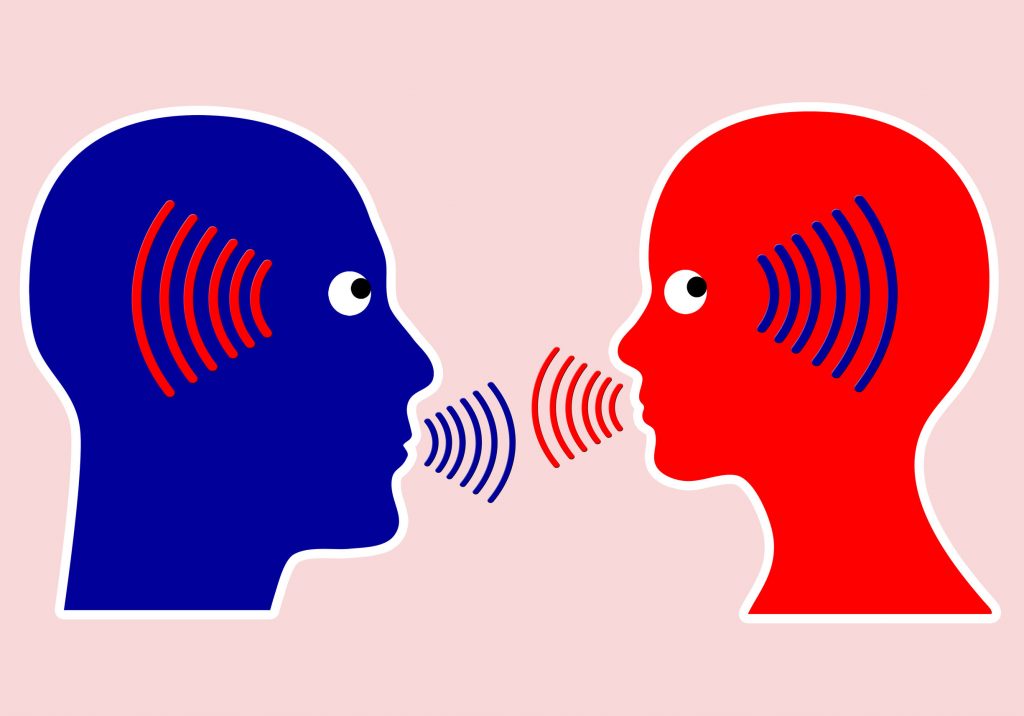4 tips for developing empathy as a comms leader
The ability to put yourself in someone else’s shoes might seem like an ingrained character trait, but there are exercises to help hone this essential communications skill.

Lately, there’s a lot of talk about what brands can do to engage marginalized communities in the workplace and what it takes to create a culture of belonging. Since the murder of George Floyd last spring, corporations have had to come face-to-face with a stark reality: their overwhelmingly white boardrooms and C-suites have largely ignored Black employees.
Any attempt at addressing and launching diversity and inclusion initiatives might be seen as yet another performative PR stunt. (There’s a lesson to be learned here about why it’s more important to be proactive rather than reactive.)
Decades of research reveal that a lack of representation, specifically in leadership roles, has been a persistent problem since the S&P 500 first launched in 1957. That same research tells us there have always been allies working to address this lack of equality.
Last year, in response to continued protests against police brutality aimed at the Black community, both big brands and small businesses felt the pressure from employees and customers to speak up and condemn racism and injustice. But in a rush to show solidarity, a number of nationally recognized brands came under fire when confronted by their own team members’ experience as Black employees. And while some high-profile companies made headlines hiring diversity and inclusion experts to help repair their reputations, other smaller companies have been left flailing as they try to figure out how to move forward.
Recent studies show, even after hiring a chief diversity officer, organizations are no better off than they were before creating the role. The revolving door—the tenure is about three years—signals a headline-making hire won’t fix toxic work environments where marginalized people have little chance of advancing.
The real reason workplaces fail to get DE&I right is because it’s rarely a priority for the people wielding the most power. Apathy is the issue.
The role of empathy
If you understand empathy, and its value in the workplace, you know an organization will never truly attain inclusion without it. A culture of inclusion, where the inherent worth of all people are recognized and where everyone is included, only occurs where people are empowered and trust is built over time. Empathetic leadership encourages and curates that kind of environment.
Naturally empathetic people understand this. Showing care and concern isn’t something they have to mull over; they just do it, automatically. Yet, it’s not so simple for everyone. In fact, exercising empathy can be pretty difficult for leaders who have been taught to believe showing compassion for others, particularly in the workplace, is a sign of weakness. Still, there’s hope for the seemingly hard-hearted.
Empathy, over time, can be learned. As with mastering most new skills, practice makes (almost) perfect. Here, four ways to help improve and exercise empathy:
1. Meet new people.
It’s perfectly natural to be drawn to communities you most identify with. But the problem with navigating only within homogenous groups is that your worldview is narrowed and unconscious bias clouds decision-making. This means the news you consume, the books and movies you read, and other forms of entertainment you enjoy likely exclude the experiences of people from outside your typical comfort zone. If you want to become more empathetic, meet, engage and learn from people from marginalized communities.
2. Listen actively.
Listening seems simple enough, but active listening is a skill most people have to work at. When engaging people from marginalized communities, try to put yourself in their shoes. When they explain a challenge that makes you uncomfortable, even angry, resist the urge to defend yourself or minimize their experience.
Listen for understanding. There are many lessons we can all learn when we choose humility over pride.
3. Keep learning.
The real mark of leadership is in the learning. Great leaders love to learn about themselves and others. Then, they take what they’ve learned and apply it to their everyday lives.
If empathetic leadership is important to you, make education—specifically in learning about the history of our nation and its caste system—a priority. There are tons of great resources (books, documentaries, podcasts, etc.) to help you understand who has benefitted most, how and why throughout American history.
4. Challenge yourself.
If you’re human, you’re biased—but the beautiful thing about the mind is its resilience.
Think about what you think about. Ask yourself tough questions about what you were taught to think and why. Hold yourself and others accountable when your thoughts and conversations don’t align with who you want to be. Commit to sharing what you’ve learned about yourself and others with the people you interact with regularly.
Remember even the most thorough DE&I strategy won’t work if, collectively, your team isn’t personally invested in its success. This takes time—and lots of it. So, get comfortable. This might take a while.
Ayana King is the CEO and founder of Maximum Communications, LLC.






